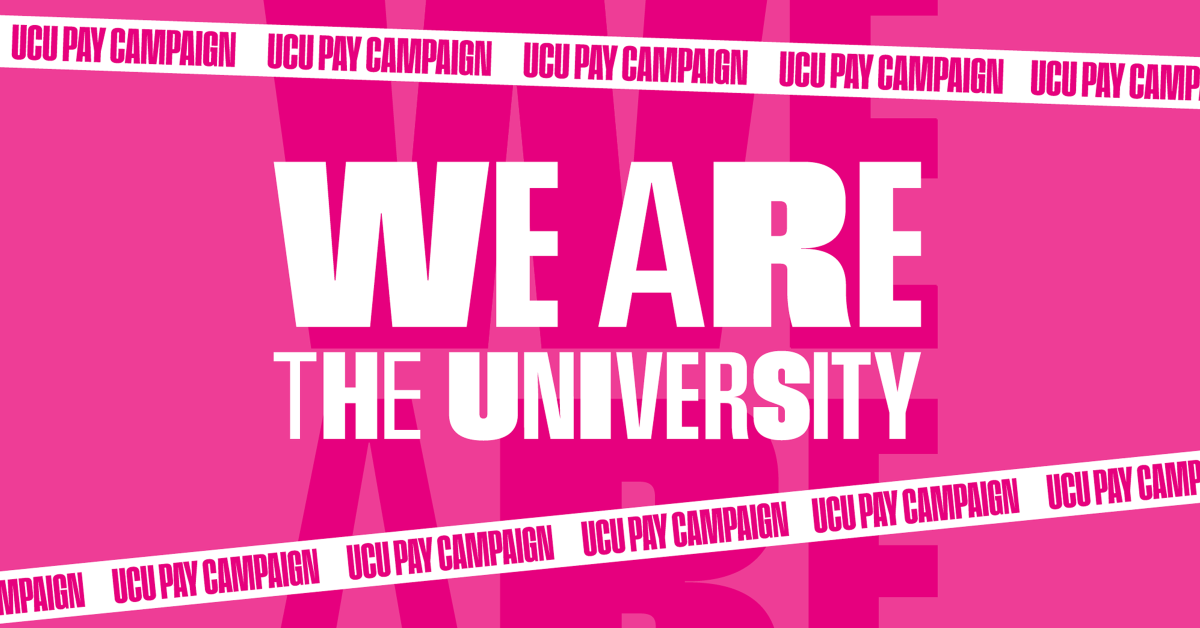By Milan Perera, Deputy Editor
University and College Union (UCU) Bristol Branch sent an open letter to Professor Evelyn Welch, the Vice-Chancellor at the University of Bristol to reconsider the temporary academic regulations introduced for summer 2023.
The temporary regulations were approved by the Associate Pro Vice-Chancellor (Quality and Standards) and chair of University Academic Quality and Standards Committee, Pro Vice-Chancellor for Education and Students and Chair of University Education Committee and Vice Chancellor under Ordinance 9, point 2.2
UCU Bristol branch expressed its disappointment at these temporary academic regulations that came in to force from May 11.

In its open letter, UCU Bristol points out that the students are getting ‘degraded degrees’ at the University in 2023 under the current regulations.
The open letter lists a catalogue of shortcomings of the temporary regulations which include: unfair distribution of lower classifications for some students and higher classifications for others in the absence of a full run of marks, the lack of oversight by external examiners, the lack of internal oversight of exam boards and the incompatibility of the amended regulations with professional accreditation requirements.

The open letter received the backing of several hundred students and academic staff at the University of Bristol. It also received support from parents, members of the public and staff and students from other universities.
The MAB which began on April 20, 2023, will see UCU members and University of Bristol staff not undertake any marking and assessment duties until the University meets the demands of UCU on pay, pensions and work load.
Staff in both Unison and UCU are scheduled to strike on Friday, June 16, a University of Bristol Open Day, in their ongoing dispute over pay and working conditions.

The planned strike action aims to overturn the University’s 50 per cent pay cuts for those UCU members participating in the MAB.
Speaking exclusively to Epigram, Dr. Jamie Melrose, Branch President for UCU Bristol points out:
‘Strikes on open days, arbitrary pay cuts, degraded degrees: instead of raising the temperature of an already hot summer on campus, University of Bristol management should spend their time settling this long-running dispute. They need to get back around the negotiating table, by calling for such negotiations now, and make us an offer. Students and staff demand nothing less’.
The open letter urges the Vice-Chancellor to issue a public statement calling on UCEA to reopen negotiations on pay and working conditions to resolve the current dispute.
In response to the open letter and MAB, Professor Tansy Jessop, Pro Vice-Chancellor for Education and Students, said:
‘This action is part of a long-running national dispute led by the University and College Union [UCU] affecting more than 100 universities with multiple demands on pay, pension and working conditions. While we are working with our local unions here at Bristol, the sector needs to find affordable solutions and better ways of resolving this ongoing dispute nationally.
‘In response to concerns about the quality of marking – we are ensuring that work will be marked by subject experts. It is more difficult to confirm who will be marking your work as it is not unusual for work to be marked by different academics in any usual academic cycle, due to staff absence, sickness or moves to other roles. This year it may be that more work is reassigned – but we don’t know yet.
‘This is partly because we don’t know who is taking part in the boycott. The University has asked for early declaration of participation however, UCU members do not need to tell us until the due date for the submission of marks. Our data team is monitoring the situation carefully and we are in regular contact with Deans, Heads of School, and Faculty Education Directors who are working closely with colleagues on addressing any identified marking gaps.
‘The University has put in place measures to help students progress between years and complete their programmes in the light of evidence of their performance in their previous assessments, as outlined in the temporary regulations.’
Editor's note: In an earlier version of this article we stated, 'the temporary regulations were approved by Senate'. This is not the case and has since corrected on June 7 to 'the temprary regulations were approved by the Associate Pro Vice-Chancellor (Quality and Standards) and chair of University Academic Quality and Standards Committee, Pro Vice-Chancellor for Education and Students and Chair of University Education Committee and Vice Chancellor under Ordinance 9, point 2.2.' We apologise for this error.









